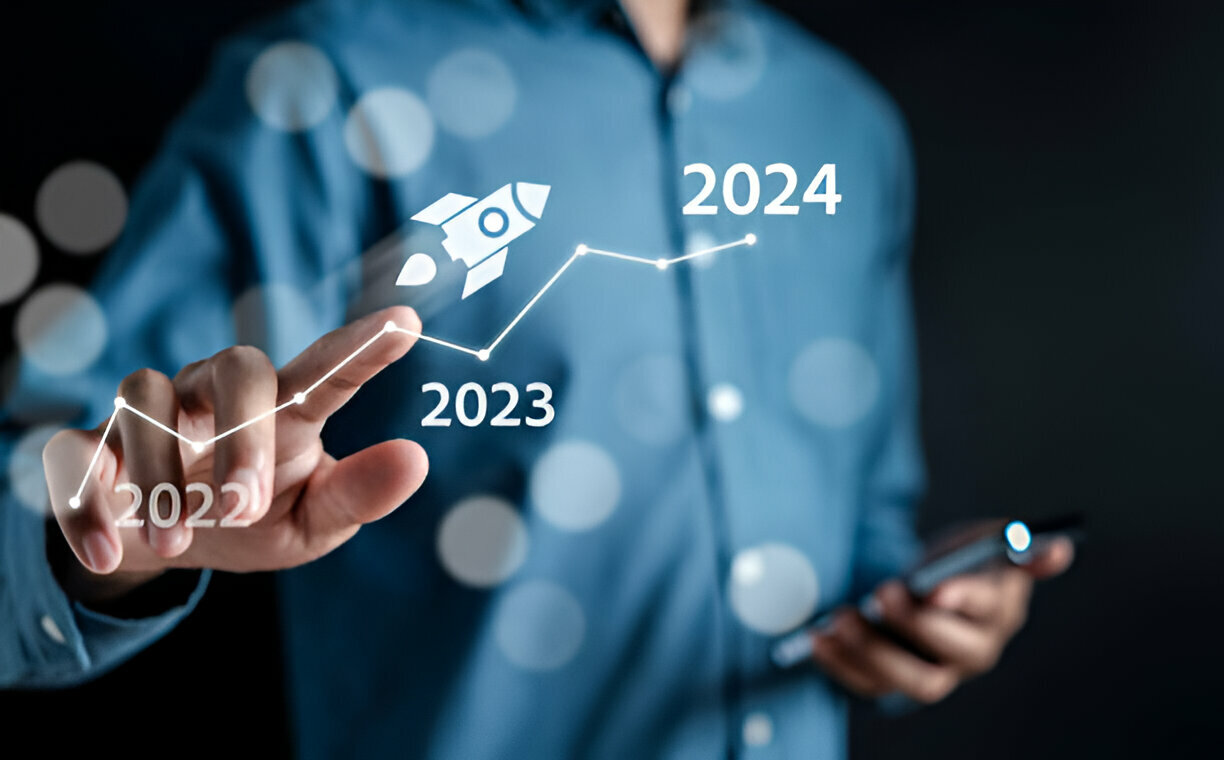
Digital marketing has come a long way since its early days. What started with basic email campaigns has evolved into a sophisticated landscape driven by social media, data analytics, and artificial intelligence (AI). Let’s take a quick journey through the key milestones that have shaped digital marketing into what it is today.
The Beginnings: Email Marketing
In the mid-1990s, email marketing was the cutting edge. Businesses could reach out directly to their customers with promotional messages. It was cost-effective and relatively simple, despite issues like spam. This early form of digital marketing set the foundation for more complex strategies to come.
Social Media Revolution
The early 2000s saw the rise of social media platforms like MySpace, Facebook, and Twitter. These platforms changed the game by allowing brands to engage with their audience in new, interactive ways. Social media became essential for:
- Building brand awareness
- Engaging with customers
- Gathering feedback
- Running targeted ads
SEO and Content Marketing
As more businesses moved online, standing out in search engine results became crucial. Search engine optimization (SEO) emerged, focusing on techniques like keyword optimization, link building, and mobile friendliness. Alongside SEO, content marketing gained traction, emphasizing the creation of valuable content to attract and retain customers. Blogs, videos, and infographics became tools to educate and engage audiences.
Data Analytics: The Game Changer
Data analytics revolutionized digital marketing by providing deep insights into consumer behavior and campaign performance. Marketers could now make data-driven decisions, personalize experiences, and optimize strategies with precision. Key aspects included:
- Customer segmentation
- Predictive analytics
- Personalized marketing
- Performance tracking
The AI Era
Today, AI is transforming digital marketing in unprecedented ways. AI-powered tools and technologies help businesses:
- Use chatbots for customer service
- Analyze data for predictive insights
- Create personalized content and recommendations
- Automate ad targeting and bidding
Conclusion
From simple email campaigns to AI-driven strategies, digital marketing has evolved into a powerful, dynamic field. As technology continues to advance, the future of digital marketing will likely involve even more personalized, engaging, and efficient methods to connect with audiences. Staying adaptable and leveraging these technologies will be key to success.

 Enpix quisque placerat vitae lacus ut scelerisque. Fusce luctus odio ac nibh luctus, in porttitor theo lacus egestas etiusto odio data center.
Enpix quisque placerat vitae lacus ut scelerisque. Fusce luctus odio ac nibh luctus, in porttitor theo lacus egestas etiusto odio data center.